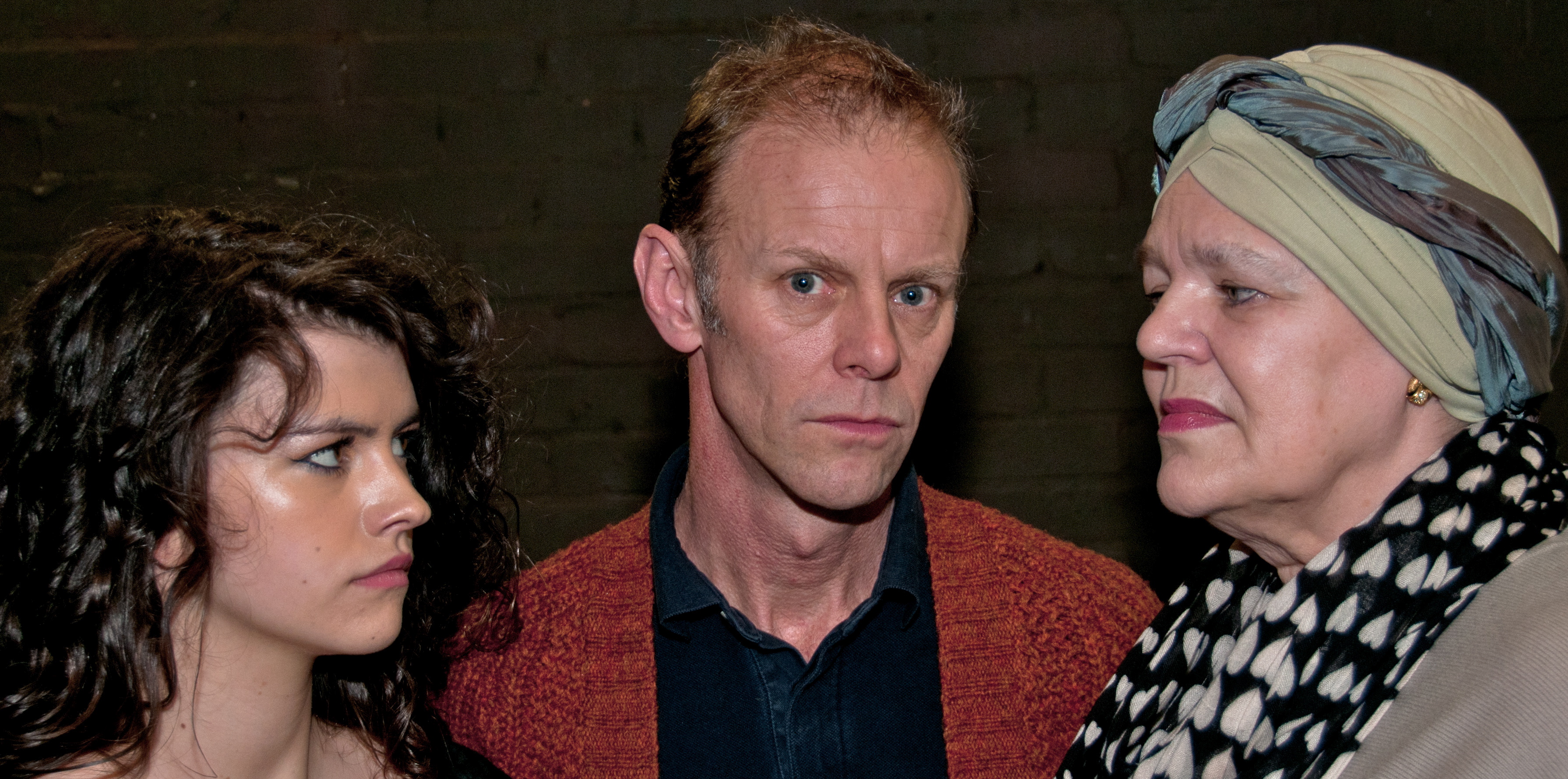Reminiscing about Last Summer
Suddenly, Last Summer is not one of Tennessee Williams’s most well known works. And by this I of course mean, that it is rarely found on A Level and GCSE syllabi alongside its better-looking, more substantial siblings A Streetcar Named Desire, The Glass Menagerie and Cat on a Hot Tin Roof. However a quick google told me that it is one of Williams’s “starkest and most poetic works”. Now as a long-term fan of both poetry and starkness it seemed that Wikipedia had sweet-talked me into a state of quiet excitement as I galloped down the Parade, through the I-swear-it-should-be-spring-by-now weather and into Leamington’s The Loft Theatre.
So for my fellow mainstream kids – who best know Williams’s work through the chiselled jaw of Marlon Brando – Suddenly, Last Summer largely takes the form of two long monologues recollecting the life of the mysteriously deceased Sebastian Venable. The first of these is delivered by the boy’s mother, Violet Venable, who was masterfully played by Sue Moore. Moore – who was last seen stealing the show in October’s production of The History Boys – plays the disabled, blindly proud mother with depth, sympathy and a great deal of charisma. She begins by regaling the wonderfully named Doctor Sugar (Paul Atkins) with tales of her son’s poetic talents, their travels together and her undying support and pride in her “celibate”, gifted, only child. She gravely warns the doctor of her niece Catherine Holly’s deranged views on the last few years of Sebastian’s life. When we finally meet Holly who is very possibly a deranged young woman, we hear her version of events and whilst under the power of the doctor’s totally realistic truth serum, the shocking truth of Sebastian’s death.
It is these two central performances from Moore and the young Sophie Dyke as Catherine that not only carry the play but enliven it. As much as Moore’s performance exudes the pride and power of an upper class New Orleans mother in the 50s, Dyke’s performance bristles with the ferocious energy of a disturbed and confused youth. A play anchored around two contentious monologues has a huge potential for “I’m right, you’re wrong”, playschool/witness stand drawls, but these sections are by far the play’s most captivating moments due to the seamless lead performances and the slow-burning intrigue of Williams’s writing.
Unlike much of his other work, Williams does not feel the need to explain himself right away – the exposition is sparse and scattered throughout the single act. This makes the audience work, a feature that feels somewhat refreshing for a 20th Century American drama. However, a couple of storylines felt slightly tacked on, although this may be due to the mediocre performances of the rest of the ensemble. Accents were dodgy in places and barely existent in others, and many of the supporting cast felt a tad lightweight compared to the lead women’s gravity. This meant that the play waned in the middle third and lost my fascination if not my attention.
Overall the production was enjoyable and at points profoundly affecting. The two lead performances were worth the price of the ticket alone and despite the somewhat unimaginative direction, odd and sporadic use of sound and a slightly wanting ensemble Suddenly, Last Summer was a worthwhile and entertaining theatrical experience. Who needs Marlon Brando anyway?

Comments